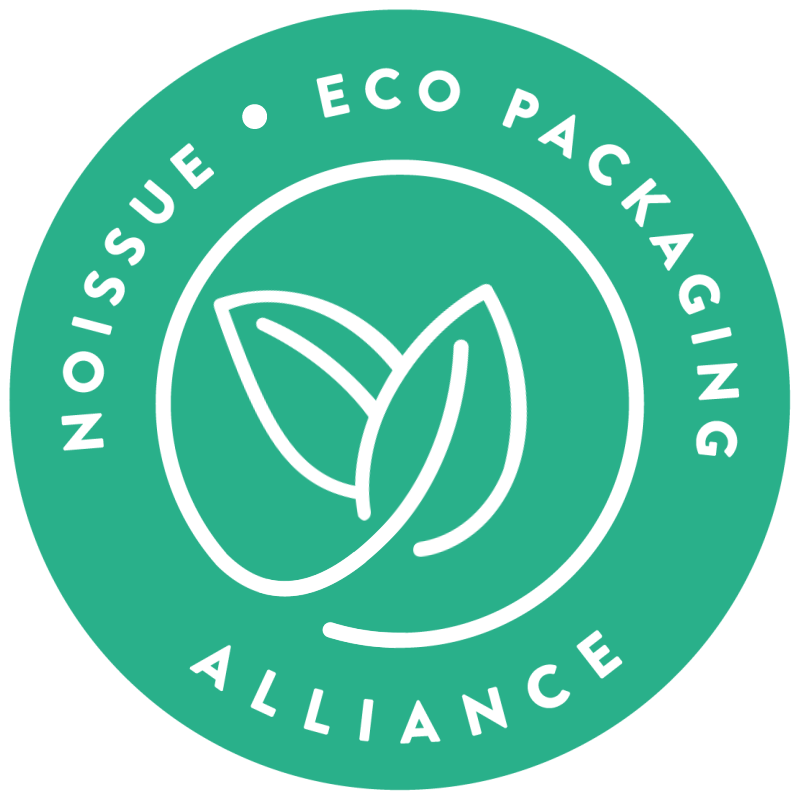5 Ways Consumers Can Identify Greenwashing from Companies: A Guide to Making Sustainable Choices
Greenwashing is a common practice among companies who want to make their products seem more environmentally friendly than they actually are. This can make it difficult for consumers who are trying to make sustainable choices to know which companies to trust. In this blog post, we will explore how consumers can identify greenwashing from companies and make informed decisions when it comes to sustainability.
Look for Specific Claims
One way to identify greenwashing is to look for specific claims made by the company. Vague or general statements like "all-natural" or "eco-friendly" are often used to make a product seem more sustainable than it actually is. Instead, look for specific claims that are backed up by evidence. For example, a product that is certified organic or made with renewable materials may be more sustainable than one that simply claims to be "green."
2. Check for Third-Party Certifications
Another way to identify greenwashing is to check for third-party certifications. These certifications are awarded by independent organizations that evaluate a product's environmental impact. Look for certifications like Energy Star, Forest Stewardship Council, or Fair Trade Certified. These certifications can provide assurance that a product has been evaluated by an independent organization and meets specific sustainability standards.
3. Consider the Packaging
The packaging of a product can also provide clues about its sustainability. Look for packaging that is made from recycled materials or is easily recyclable. Products that are over-packaged or packaged in materials that are not recyclable may not be as sustainable as they seem.
4. Research the Company's Environmental Record
Consumers can also research a company's environmental record to determine if they are engaging in greenwashing. Look for information about the company's environmental initiatives, including their use of renewable energy, their recycling program, and their carbon footprint. If a company is truly committed to sustainability, they will likely have a strong environmental record that is backed up by evidence.
Identifying greenwashing from companies can be challenging, but it is possible for consumers to make informed decisions when it comes to sustainability. By looking for specific claims, checking for third-party certifications, considering the packaging, and researching the company's environmental record, consumers can identify companies that are truly committed to sustainability and make informed decisions about the products they purchase.



